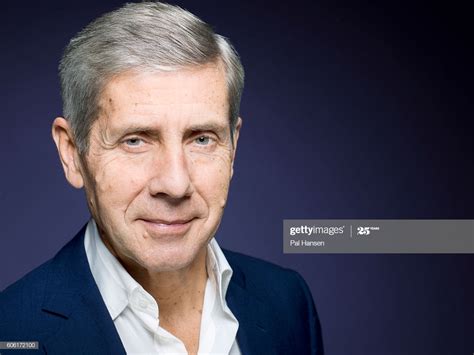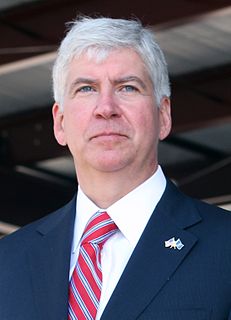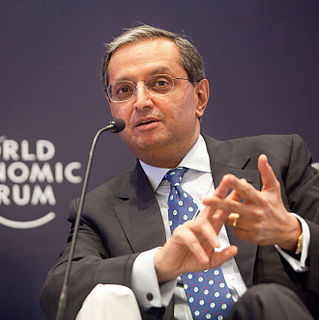Top 1200 Banking Crisis Quotes & Sayings
Explore popular Banking Crisis quotes.
Last updated on April 14, 2025.
On the one hand, I loved being a banker. I loved how numbers could tell a story and how you can invest in ideas and see them translate into products and services and create jobs. What I didn't like, particularly where I was working in Brazil during the debt crisis of the early '80s, was how the poor were excluded from the banking system. I made the decision to try and experiment with whether we could use the tools of banking to extend the benefits of the economy to the poor.
Innovation has stalled in the banking industry. While the rest of the world is in the digital age, banking remains stagnant. We are here to change this and bring banking to the 21st century. We will ensure our customers feel involved in the progress of this bank and are offering them a truly enjoyable banking experience – different from anything they have experienced before.
There's some evidence that if you're recruiting, you tend to recruit a mini-me. Then you have a very comfortable group round a table. You all think alike. You agree. People are arguing that the banking crisis was because too many of the relevant bodies were thinkalikes, and that if they'd had more diversity, maybe it wouldn't have happened.
I`d like to address the people of Flint. Your families face a crisis. A crisis you did not create and could not have prevented. I want to speak directly, honestly and sincerely to let you know we are praying for you, we are working hard for you, and we are absolutely committed to taking the right steps to effectively solve this crisis.
So perhaps the most worrying single remark made by a responsible banking official during the current crisis came from Jochen Sanio, the head of Germany's banking regulator BaFin. He warned on Aug. 1 that his country could be facing the worst banking crisis since 1931 - a reference to the collapse of Austria's Kredit Anstalt, which provoked a wave of bank failures across Europe.
Repeal the entire Banking Act of 1933, and Austrian School economists will cheer, especially if the current system were replaced by a 100%-reserve competitive banking with no central bank. That banking reform would give us a sound money system, meaning no more business cycle, bailouts, or inflation.
Italy spills over to everything. Italy is a huge banking system. It has been the major banking system in Eastern Europe. It's worked with Austria's banking system. There's all sorts of interplays there. So it's not the PIIGS one should worry about. Germany hasn't even begun falling yet. And when Germany falls, and it will, that's when the panic begins to set in.
When my mother died, my father was in a crisis, my sister was in a crisis, everyone was in a crisis. I went round the night my mother was lying in the kitchen, and I organised everything, from the undertaker to the funeral... I looked after everybody, I sorted it all out and I've done so ever since.


















































